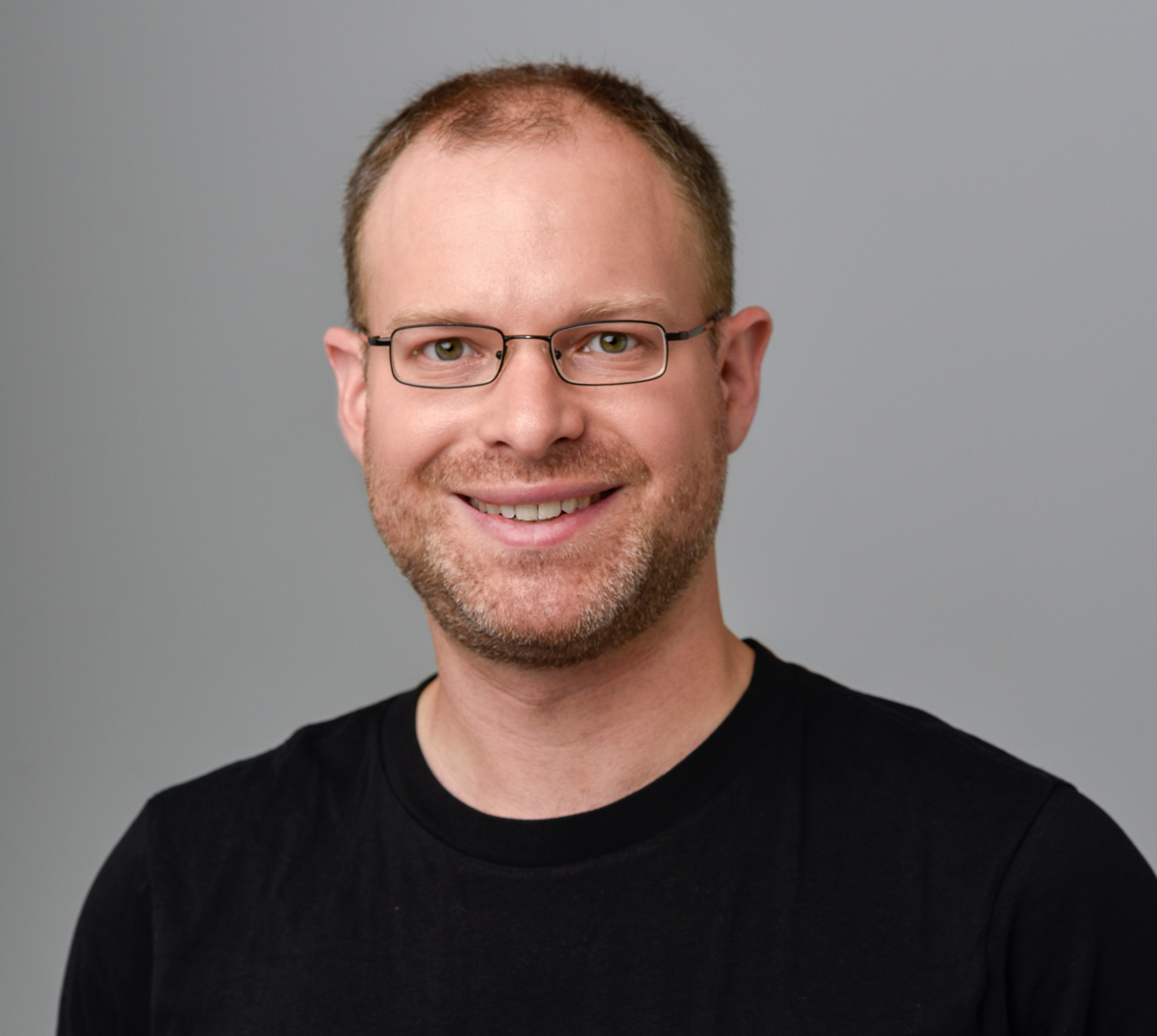Professor Benjamin Roth received his doctorate at Saarland University in 2014. His doctorate was funded by a Google Europe Fellowship in Natural Language Processing (2011 - 2014).
In 2014/15 he was a postdoctoral researcher at the University of Massachusetts, Amherst.
After a deputy professorship for Computational Linguistics from 2016 to 2018 and subsequently a position as Academic Council from 2018 to 2020 at the Ludwig-Maximilians-University (Munich), Roth won the contract for the WWTF-funded project "Vienna Research Groups for Young Investigators (VRG): Knowledge-infused Deep Learning for Natural Language Processing".
His newly created professorship "Digital Philology" is located at the Faculty for Computer Science and the Faculty of Philological and Cultural Studies at the University of Vienna.
His main areas of research are:
- Extraction of knowledge from text with deep learning and statistical methods
- Interdisciplinary applications of natural language processing
- Knowledge-supervised learning and weak supervision
- Learning from combinations of structured and unstructured data (e.g., graphs and text)
- Explainability of neural network-based models for natural language processing
Since Computer Science is a very broad field, what does Computer Science mean for you, especially in your interdisciplinary setting?
One of the biggest added values that computer science can bring to interdisciplinary settings is a way of thinking that helps to clarify where problems are not yet fully understood or specified. The starting point in computer science is very often the formalization of some real-world problem or question, and thinking about these formalizations in interdisciplinary settings with experts from other fields (e.g., linguists) can be very inspiring for all parties involved.
What is your area of research and what sets it aside from other areas in your field?
My area of research is the automatic extraction of information from text so that the information is accessible for further processing by computers. For example, a database with information about historical sights and places of interest could be built automatically from publicly available sources such as Wikipedia and social media, and it could be used by a chatbot to provide valuable information for travelers. I am interested in solving such problems with machine learning, and in particular, I am interested in combining learning from data with learning from knowledge that is given to the algorithm directly in the form of rules or prototypical examples.
Where do you see the connection between your research and every-day life?
Since human language is always produced by a human being with the intention of achieving some goal (in a broad sense, including goals such as entertainment), the connection to every-day life is immediately there. The progress that has already been made in fields like machine translation in the last 10 years is truly remarkable, and I think computer algorithms will become better at actually understanding the contents of language, which will transform how we search for information: we will be able to ask more and more complex questions that will be analyzed, understood and answered by intelligent computer algorithms.
What are the 3 most important ingredients for a successful research project?
One important ingredient for a successful research project is a good research question. I like to think about research questions not as monolithic entities, but as fractal structures: with a good research question one can zoom in and out, and it always stays interesting. A good research question also has many facets, new interesting research questions can be created by changing or inverting parts of the original question. Another important ingredient is timeliness, i.e. it needs to be the right moment, as a research project typically depends on other discoveries and pre-requisites. Finally, the team that conducts the project is crucial, it is important that there is a shared fascination for the research question.
Why do you think are there still so few women in Computer Science?
I think it has to do with the image of computer science and the expectations that still exist in society for what are typical professions for men and women. Everyone has to be very careful not to reinforce those stereotypes, and I am optimistic that gradual progress towards a more equitable community is made as computer scientists are becoming more aware of potential biases.
Your advice to today's first-year students?
A university is one of the best places for nurturing ones curiosity, and I would congratulate the students for getting involved in the academic world. There will always be subjects or lectures that are difficult, and I would like to encourage the students to view these challenges as an incentive structure that can be used for personal and academic growth that would not be possible otherwise. Finally, I would like to encourage the students to talk to their professors before or after the lectures, and to write an email or use the office hours if there are any questions. When students ask questions this is very valuable feedback for us professors, and I promise that we are generally happy to help.
Which scientist from the past would you like to ask a question and which question would that be?
I would like to talk to Alan Turing, and I would be curious what he would think about the recent advances in data-driven artificial intelligence (AI). I wonder whether the way progress in AI is achieved nowadays would change his view on how to define and measure intelligence, and whether he would find it necessary to adapt his classical ``Turing Test'' for measuring progress in AI in light of these developments.

